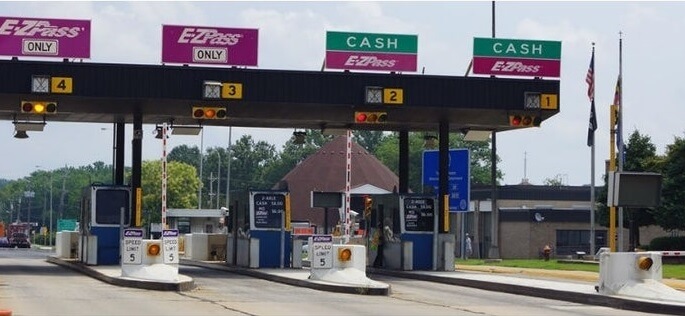Consumer Group Wants Protections for COVID-19 Relief Recipients Who Face Debts

As the COVID-19 pandemic continues to wreak havoc on the state’s economy, Maryland consumers are confronting a growing list of challenges, looking for relief at any turn.
Over the weekend, protesters took to the streets of Annapolis demanding that Gov. Lawrence J. Hogan Jr. (R) walk back some of his directives issued since the pandemic descended upon the state so that the economy can return to some sense of normalcy.
Nearly 300,000 Marylanders have applied for unemployment insurance in the last four weeks alone, and many have had difficulty connecting to the Department of Labor to receive benefits.
A little respite has been found in assistance from the federal CARES Act passed earlier this month, which is to provide $1,200 stimulus checks to most U.S. citizens, many of whom have already received the benefits through direct deposit.
However, the benefit comes with another set of challenges: Some Marylanders may see their stimulus check garnished or offset by collectors and creditors still pursuing post-judgment procedures during the COVID-19 pandemic.
The Maryland Consumer Rights Coalition sent letters to Hogan and Maryland Chief Judge Mary Ellen Barbera Tuesday requesting that they put protections in place for residents who have received the stimulus checks and may be facing wage garnishments and other post-judgment collections during the public health crisis.
In separate letters cosigned by more than 20 advocacy organizations across the state, the coalition has asked that post-judgment collections be postponed so that the the $1,200 checks “made available by the federal government serve their intended purpose.”
According to the Maryland Consumer Rights Coalition’s letters, over 40% of Americans don’t have more than $400 saved for emergency situations. In the current public health and economic crisis, this may leave many Marylanders who owe money for incurred debts to flounder.
The coalition argues that since most of the checks will be directly deposited into citizens’ bank accounts, the money can be seized by creditors for post-judgment collection through garnishment orders and offsets.
A 2018 Maryland Consumer Rights Coalition report found that 48,868 Marylanders had their incomes garnished in 2016. That same year, 27,744 residents saw their bank account seized.
Requests for writs of garnishment can be filed, issued and served to debtors without being heard in court. In order for someone to request that funds in their bank account be exempted from garnishment or seizure, they typically have to schedule a hearing, which the coalition says “is not explicitly defined as an emergency matter under current orders.”
The Maryland Consumer Rights Coalition said it’s clear that nonessential court proceedings are being delayed under the state of emergency, but the active status of post-judgment collection procedure remains ambiguous.
“Because of this, a debtor may be unable to access much needed funds for months while awaiting a hearing to release their bank account,” the groups wrote.
In the letter to Barbera, the Maryland Consumer Rights Coalition suggested that some Marylanders may have no choice but to file for bankruptcy as the only effective measure to cease garnishments.
As such, they are asking state leaders to make it clear that the stimulus checks are exempted from garnishment so that residents can use the money as “intended,” and that all new or existing garnishment orders, liens and offsets against tax returns or other government benefits be deferred.
Additionally, the coalition is requesting that the governor put a stay on any debts owed to state and local government entities, including money owed for video tolls, parking tickets, tuition to public universities, and any criminal restitution.
Maryland collects these monies through its Central Collections Unit. According to the letter issued to Hogan Tuesday, the Maryland Consumer Rights Coalition found that the average confessed judgment won by the Central Collections Unit was for just $1,582.
“In other words, many people owed debts under $5,000 that they were unable to pay,” they wrote. “Many of the individuals who owe civic and local debt are exactly the ones who will benefit most from the CARES Act stimulus checks.”




 Creative Commons Attribution
Creative Commons Attribution